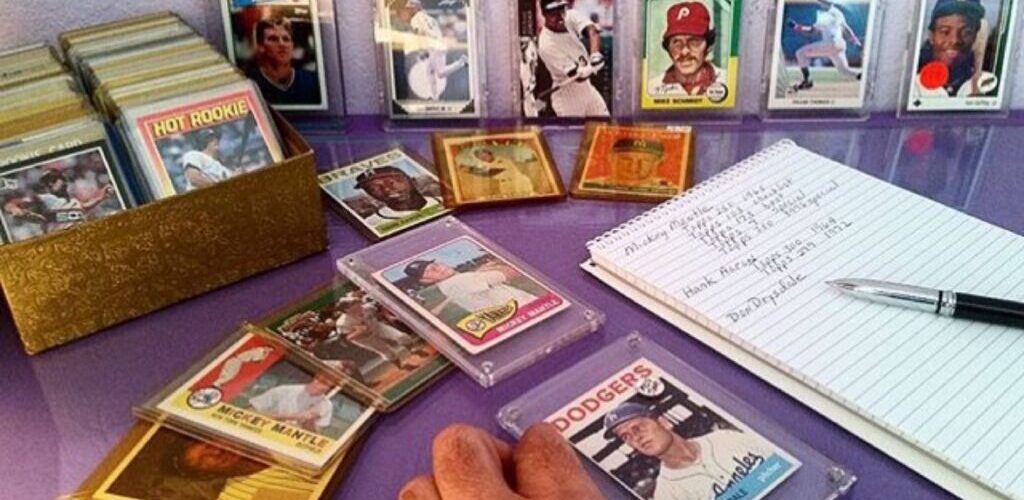The world of baseball card collecting can be complex and confusing, with many factors that can impact the value of a card. However, grading is one of the most critical factors, which provides a standardized way of evaluating a card’s condition and helps establish its value.
In this article, we’ll take a closer look at the role of grading in determining the value of baseball cards, exploring the grading process, the different grading companies, and the factors that impact a card’s grade and value, especially when it comes to selling baseball cards.
1. The Grading Process
Grading is the process of evaluating the condition of a baseball card and assigning it a grade based on a set of criteria. The grading process typically involves thoroughly examining the card’s corners, edges, surface, centering, and overall condition.
Grading companies use a scale ranging from 1 to 10 to assign a grade to a card, with 10 being the highest possible grade and one being the lowest. For example, cards graded 8, 9, or 10 are considered in excellent condition and highly valued by collectors. In contrast, cards graded 1 or 2 are considered to be in poor condition and are worth significantly less.
2. Different Grading Companies
Several grading companies specialize in evaluating the condition of baseball cards, including PSA, SGC, and Beckett. Each grading company has its own set of criteria and grading scales, and some collectors prefer one company over another depending on their personal preferences and collecting goals.
PSA (Professional Sports Authenticator) is the most well-known grading company in the hobby and is known for its rigorous grading standards and consistency. SGC (Sportscard Guaranty) is another famous grading company known for its vintage card expertise. Finally, Beckett Grading Services is a third grading company known for its focus on modern cards and its use of sub-grades to provide more detailed evaluations.
3. Factors Impacting a Card’s Grade and Value
Several factors impact a baseball card’s grade and value, including centering, corners, edges, surface, and overall condition. Centering refers to how well the image on the card is aligned, with cards centered well receiving higher grades and values.
Corners and edges refer to the condition of the card’s corners and edges, with cards that are free of dings and wear receiving higher grades and values. Surface refers to the state of the card’s surface, with cards free of scratches and other blemishes receiving higher rates and deals.
Overall condition refers to the combination of all these factors, with cards in excellent overall condition receiving higher grades and values. In addition, factors such as rarity, historical significance, and player popularity can also impact a card’s worth, with cards featuring legendary players or marking crucial moments in baseball history typically being more valuable than standard cards.
4. Selling baseball cards
When it comes to selling baseball cards, grading plays a critical role in establishing the value of a card and determining its marketability. Cards graded by a reputable grading company and in excellent condition are more likely to sell for higher prices and attract more buyers.
In addition, the grading process can provide authenticity and assurance for buyers, as graded cards are typically considered more reliable and trustworthy than ungraded cards. This can be especially important for high-value cards, as buyers are often willing to pay a premium for certified and authenticated cards by a reputable grading company.
Conclusion
Grading plays a crucial role in determining the value of a baseball card, providing a standardized way of evaluating a card’s condition and establishing its importance in the marketplace. For sellers, grading is essential to establishing the marketability and value of their cards and can help them to attract more buyers and achieve higher prices.
Whether you’re a seasoned collector or a seller looking to get the most out of your collection, understanding the role of grading in determining the value of baseball cards is essential. By focusing on cards that are in excellent condition and have been professionally graded by a reputable grading company, collectors and sellers alike can build a collection that is both valuable and highly sought after by other collectors in the hobby.





